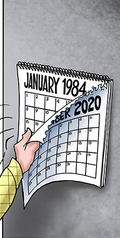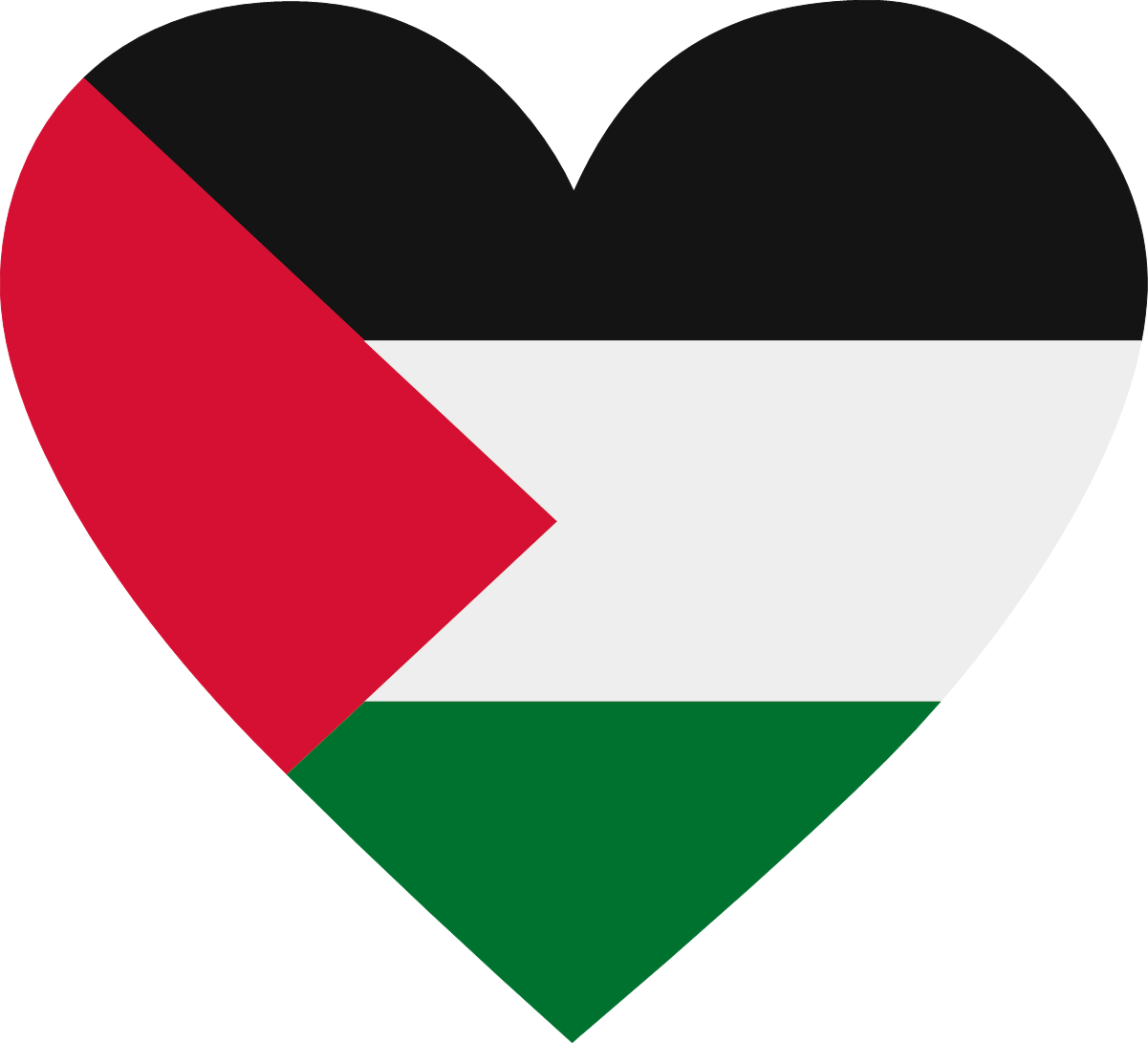The West Bank and Gaza Strip were forcibly incorporated into a customs union with Israel, Farsakh says, with Israel imposing restrictions on the kinds of commodities that can be imported or exported from the territories, protecting Israeli agriculture. Additionally, Israeli officials unilaterally set an external tariff structure. Farsakh explains that any trade with the rest of the world had to go through Israel and be handled by Israeli agents.
Israel enforced a monetary union with the Palestinian territories, adopting Israeli currency as official tender and shutting down all but two banks in the West Bank and Gaza Strip, which were under Israeli supervision. Israeli authorities prohibited investments from Israel — or abroad — in the Palestinian economy. The Israeli military exercised full control over the budgets in the West Bank and Gaza, including taxation and collection.
The resulting economic arrangement, which allows Palestinians to seek jobs in Israel in sectors that lack sufficient Jewish labor, such as construction, agriculture, and the service industry, was beneficial to Israeli employers in various ways, but ultimately damaging to the Palestinian national economy.
...
Israel also often withholds taxes collected on behalf of the Palestinians as a punitive measure. Several public workers in the West Bank tell me they have not been paid since the conflict in Gaza erupted six months ago.
Israel maintains strict control over more than 60 percent of the West Bank, known as “Area C,” prohibiting Palestinian development while Israeli settlements continue to grow. “The Palestinian economy is an economy of survival,” Farsakh says. “It is not one of independence that has the opportunity to grow and thrive. It is one that allows individual prosperity [from higher wages in the Israeli economy] often at the expense of national growth.”
This reality has created what Farsakh has termed the “Bantustanization” of the West Bank. “Israel inadvertently created an apartheid reality by trying to incorporate the maximum amount of Palestinian land in the West Bank without the Palestinian population, while relying on Palestinian labor,” Farsakh explains. “What this did was turn the Palestinian areas — encircled by checkpoints and settlements — into population reserves.
....
Ayad was allowed to return to her work three weeks after October 7, but she tells me her employer has not honored previous agreements, taking advantage of the current vulnerability of the Palestinian workers. “Our salaries have decreased since the war,” Ayad says, adding that they have returned to piece-rate pay — they are paid by the pots filled instead of hours worked. She also notes that her bosses “even calculate the boxes wrong and pay us less than what we did. When we complain, our boss tells us to go find another job if we don’t like it.”
According to Yoav Tamir, a workers’ advice center representative, tens of thousands of Palestinian workers, now left with no employment, have little recourse to change their situation. Despite all of them having a pension fund in Israel, they face a significant obstacle: they were not fired and did not quit but are now stuck behind closed army checkpoints, which prevents them from accessing the funds. “In order to get money from the pension fund, they need to stop working,” Tamir tells me. “But if they stop working then they forfeit their work permit.”



 to struggling comrades
to struggling comrades to interest payments
to interest payments








 why would you release this on first april
why would you release this on first april  to comrade kyle and june
to comrade kyle and june 


world class doesn't mean much does it?